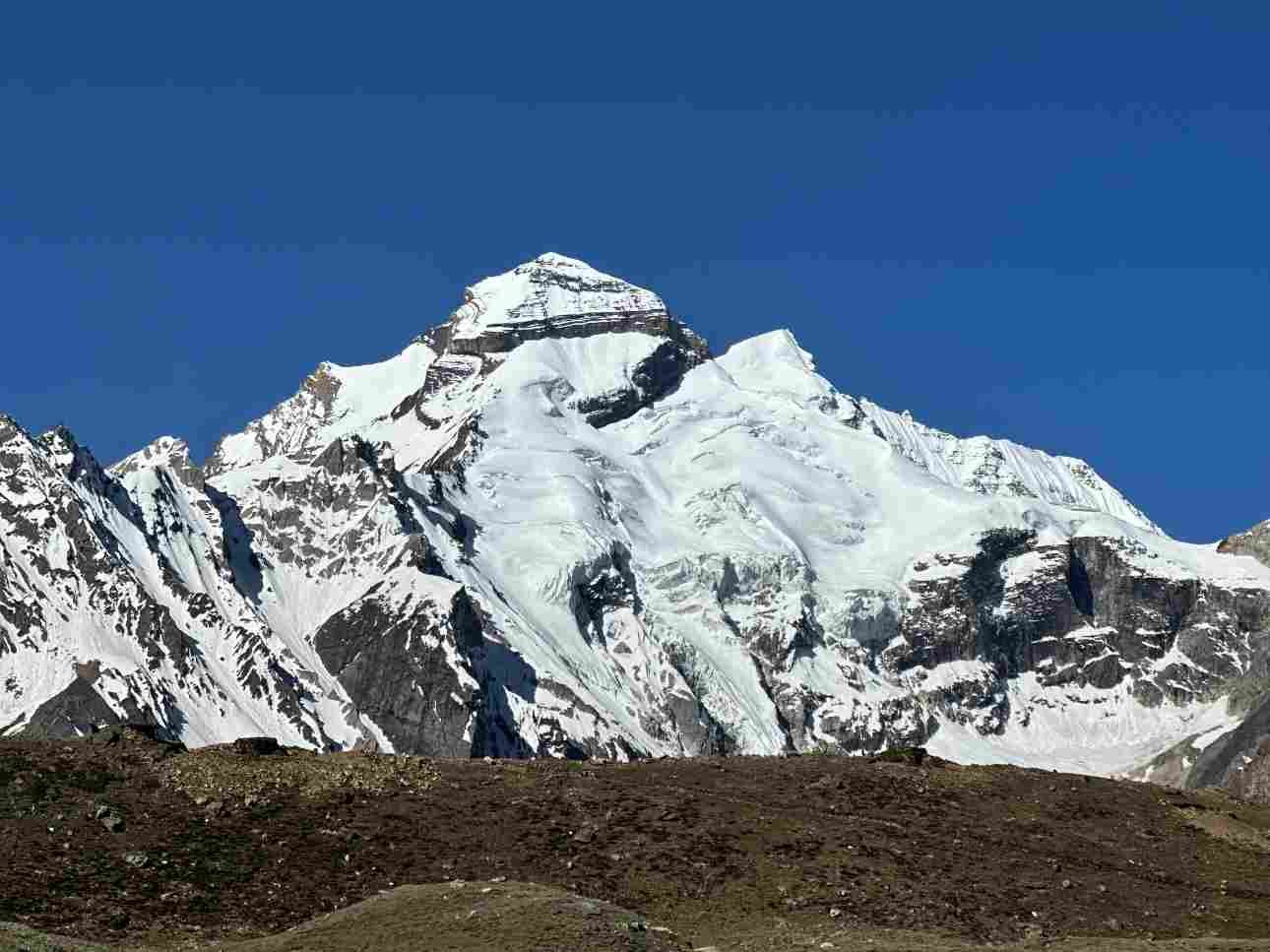
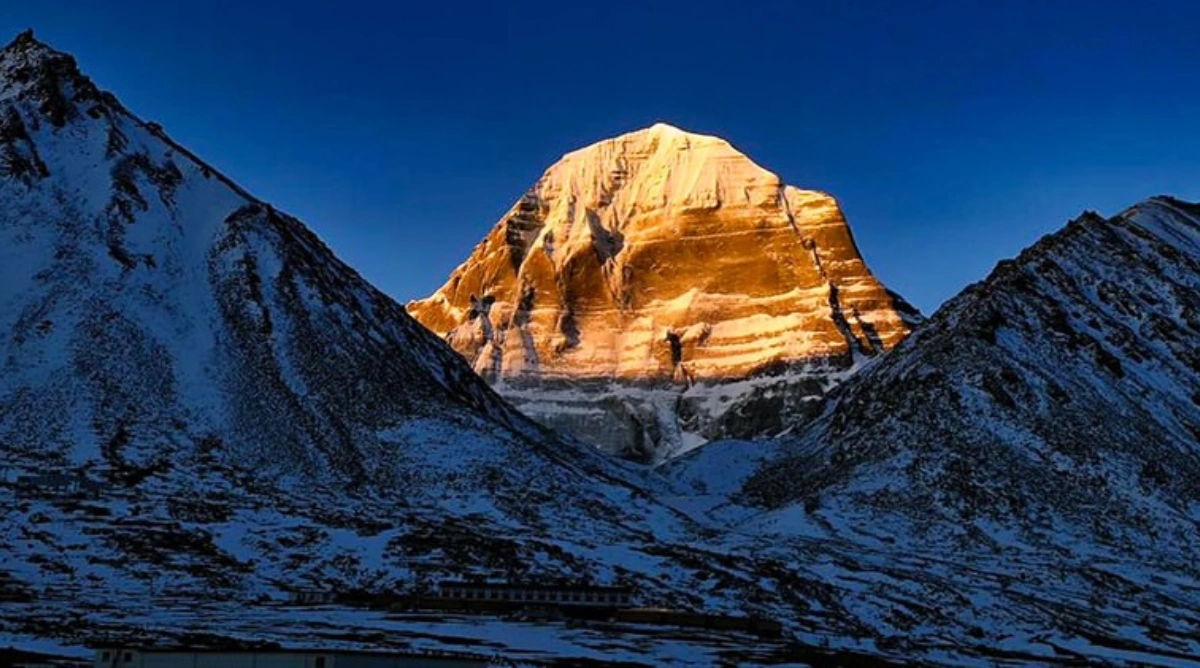
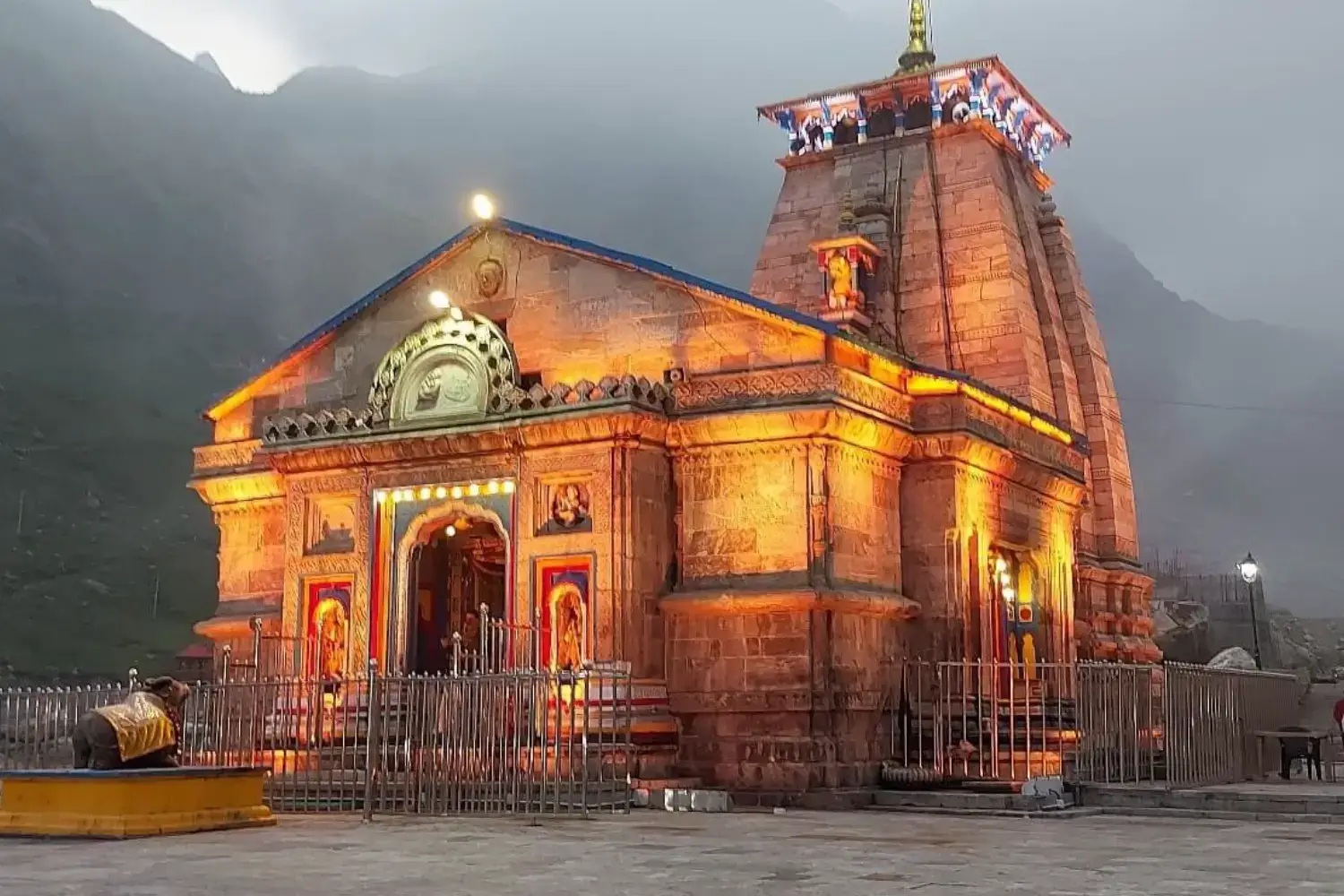

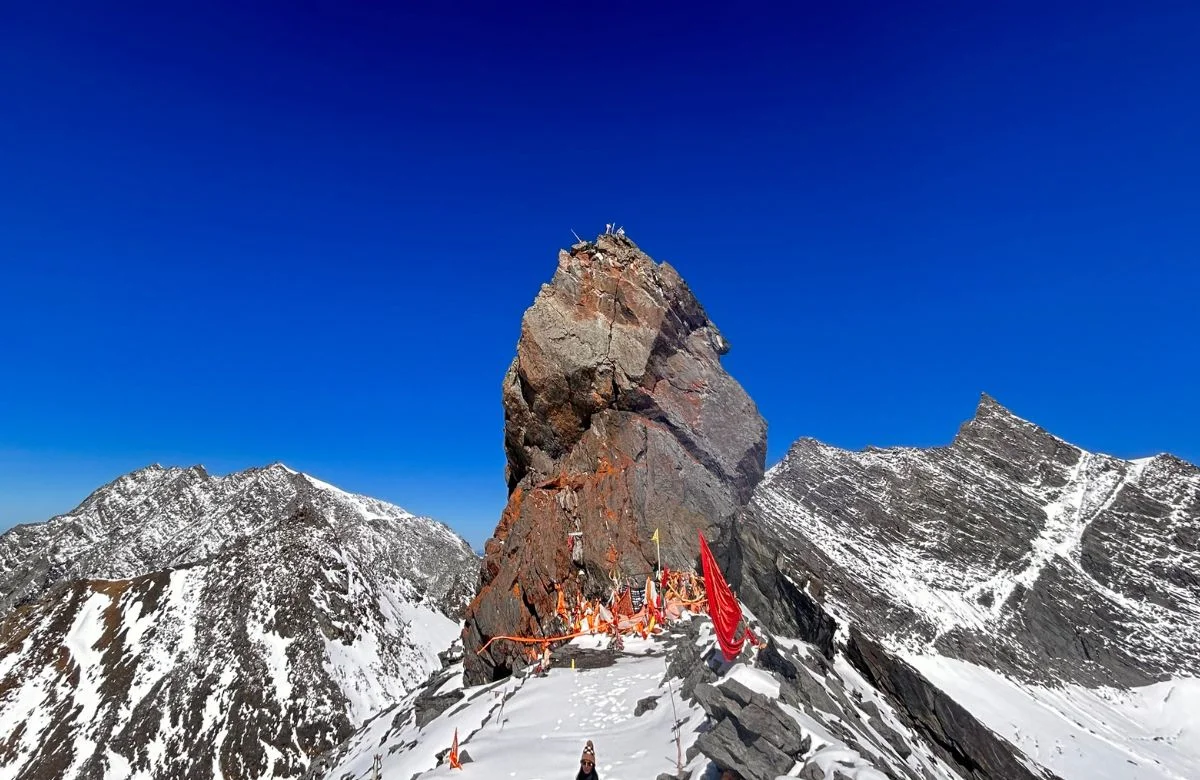
Receive Sacred Travel Updates
Timely yatra updates, divine destinations & early access to spiritual journeys.
Your details are safe with us. We respect your privacy and never send spam.
Get in touch with our Staff members and get discounted offers for your trip.
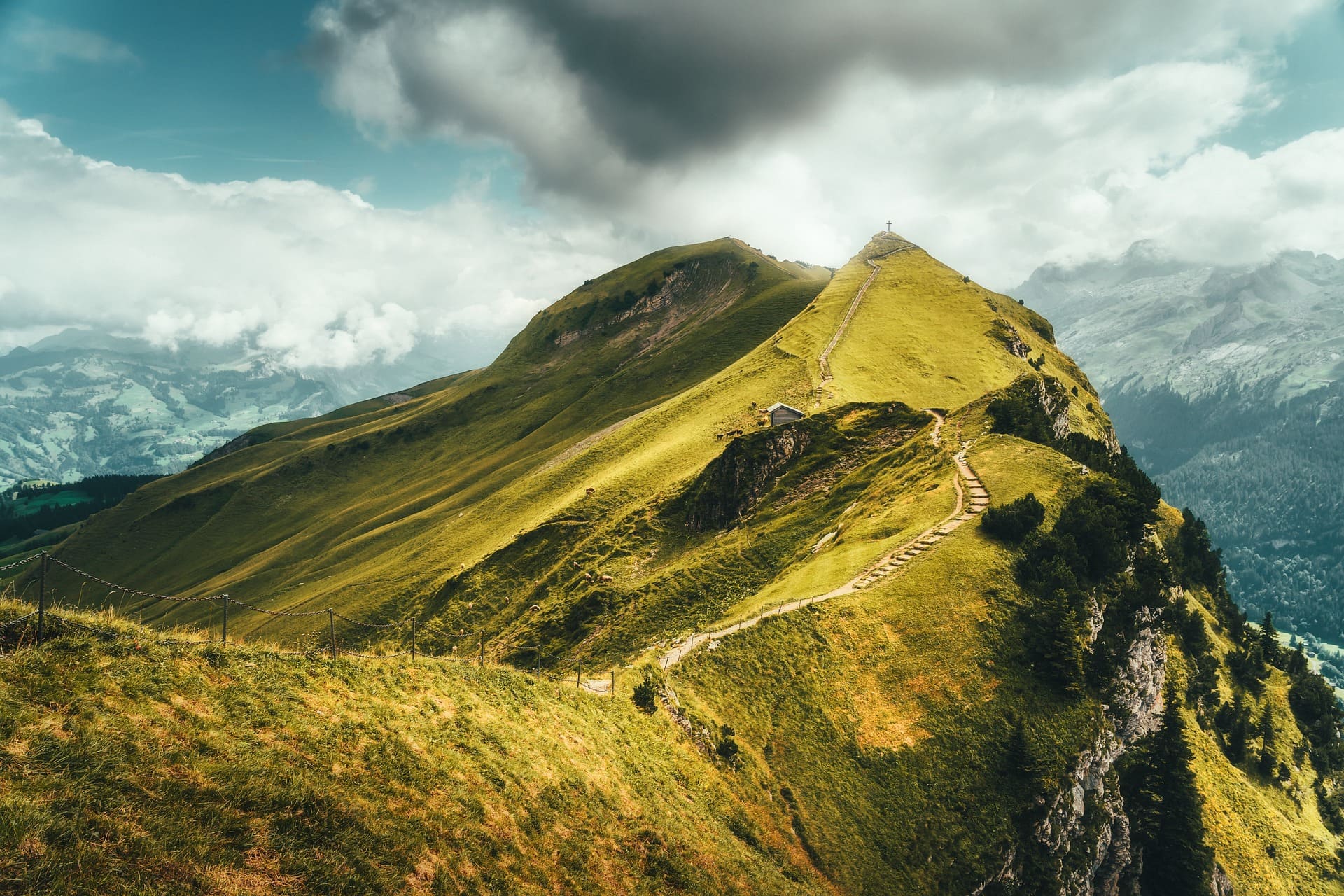

The Kailash Mansarovar Yatra via Lipulekh Pass is one of the most revered and spiritually significant pilgrimages for Hindus, Buddhists, Jains, and followers of the Bon religion. The new route through Lipulekh Pass in Uttarakhand offers a direct and scenic journey to Mount Kailash and Mansarovar Lake, passing through the remote and breathtaking landscapes of the Indian and Tibetan Himalayas. Managed by the Ministry of External Affairs (MEA), Government of India, this route is an alternative to the older routes through Nepal and China, providing better accessibility and an enriching cultural experience.
The sacred Mount Kailash (6638 m) is believed to be the abode of Lord Shiva, and Mansarovar Lake is considered a divine water body where taking a holy dip is said to cleanse sins and grant salvation. The pilgrimage holds deep religious importance as it is associated with numerous Hindu scriptures, and it is also revered by Buddhists, Jains, and Bon practitioners. The journey includes the Kora (parikrama) of Mount Kailash, a challenging yet spiritually rewarding trek covering around 52 km over three days.
The new route to Kailash Mansarovar via Lipulekh Pass begins from Dharchula, Uttarakhand, and passes through key locations such as Gunji, Nabi, Kalapani, and Navidhang, before reaching Lipulekh Pass (5334 m) on the India-Tibet border. After crossing into Tibet, pilgrims proceed to Taklakot (Burang) in China before heading towards Lake Mansarovar and Mount Kailash.
The Kailash Mansarovar Yatra via Lipulekh Pass is a spiritually enriching and physically demanding journey that unfolds over approximately 13 days, beginning from Delhi with medical checkups and orientation. Pilgrims then travel to Dharchula in Uttarakhand, followed by acclimatization halts at Gunji and Navidhang, offering mesmerizing views of Om Parvat. The trek to Lipulekh Pass (5334 m) marks the entry into Tibet, where pilgrims proceed to Taklakot (Burang) for further acclimatization. The sacred journey continues to Mansarovar Lake, where devotees perform holy rituals before heading to Darchen, the base camp for Mount Kailash Parikrama. Over three days, pilgrims undertake the 52 km parikrama, crossing the challenging Dolma La Pass (5630 m) and visiting Dirapuk and Zuthulpuk Monasteries, experiencing profound spiritual energy. After completing the pilgrimage, the return journey retraces the route via Lipulekh Pass, bringing pilgrims back to India with a sense of divine fulfillment.
Pilgrims arrive in Delhi, where they undergo medical examinations and orientation programs organized by the Ministry of External Affairs (MEA).
Fly or drive to Pithoragarh, followed by a journey to Dharchula (900 m), a town on the banks of the Kali River, which serves as the last major settlement before entering the restricted border zone.
Pilgrims proceed to Gunji, a high-altitude settlement where further medical tests for acclimatization are conducted.
Travel to Navidhang, offering breathtaking views of Om Parvat, a naturally formed snow pattern that resembles the sacred 'Om' symbol.
Early morning trek to Lipulekh Pass, the gateway to Tibet. After completing immigration formalities, pilgrims continue to Taklakot (Burang) for rest and acclimatization.
Pilgrims spend the day resting and preparing for the high-altitude journey ahead.
Drive to the sacred Mansarovar Lake, where pilgrims take a holy dip, perform puja, and soak in the spiritual energy of the divine surroundings.
Proceed to Darchen, the base camp for Mount Kailash Parikrama.
The parikrama (circumambulation) of Mount Kailash begins with a trek to Dirapuk Monastery, offering a majestic view of the North Face of Kailash.
The most challenging segment of the Kora crosses Dolma La Pass, the highest point of the trek, before descending towards Zuthulpuk Monastery.
Complete the Kailash Parikrama and drive back to Taklakot.
After immigration clearance, trek back to Lipulekh Pass, then travel to Navidhang – Gunji – Dharchula.
Return to Pithoragarh, followed by a flight to Delhi, marking the end of the pilgrimage.
The yatra is conducted from June to September, as these months provide the most favorable weather conditions for high-altitude travel.
The Kailash Mansarovar Yatra via Lipulekh Pass offers a life-changing spiritual journey through some of the most sacred and breathtaking landscapes on Earth. Whether seeking divine blessings, spiritual enlightenment, or an adventure in the Himalayas, this pilgrimage remains one of the most profound and revered experiences for devotees worldwide.
Special Note: As of now, we do not have any official updates from the Tibet government regarding the entry of Indian pilgrims via Lipulekh Pass or any other route for the Kailash Mansarovar Yatra. Due to this uncertainty, we are currently not accepting any bookings for the yatra. However, our Adi Kailash and Om Parvat tour packages are open for booking, offering a spiritually enriching journey to these sacred Himalayan destinations. For more details or to plan your pilgrimage, feel free to contact us.